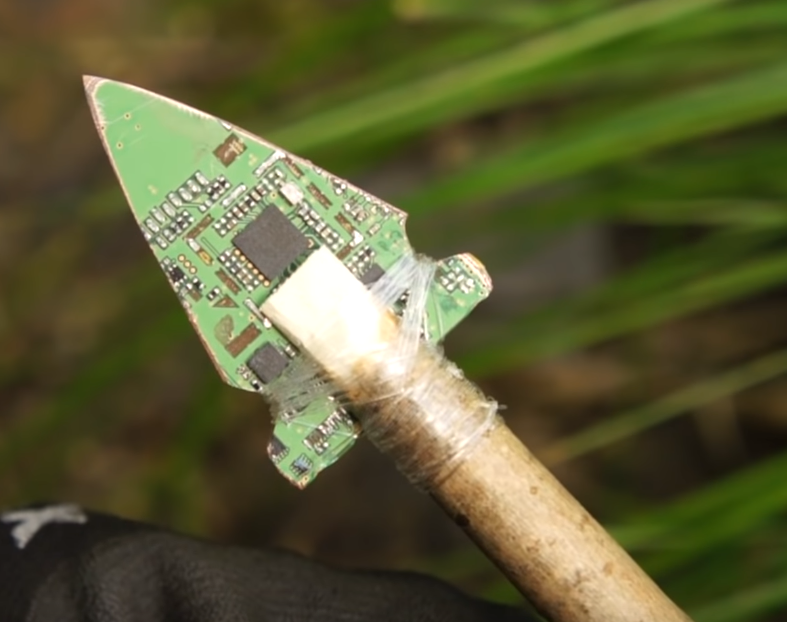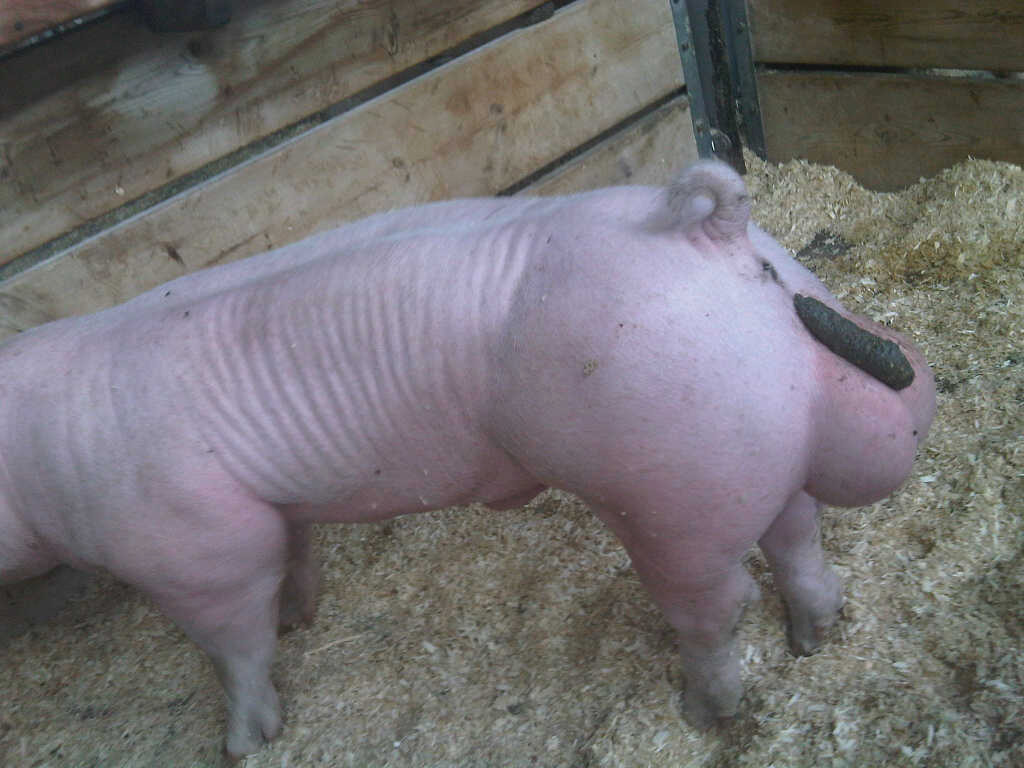I think the vines in the second photo are kudzu tho
Kudzu is some wild stuff, one vine tendril grows a foot a day and it kills entire forests.
Maybe we could start rolling it up into balls and burying it for carbon sequestering. I mean it’s just an incredible nuisance otherwise.
That’s a good idea, then we invest in our future with oil.
That would require a massive and expensive effort, no chance that bill would pass regardless of the jobs it would create.
I think that would make coal. Oil is made by algal anr plankton blooms, which we are also making.
Both also need heat, pressure, and time to form, so synthetic carbon products are certainly chearper.
Definitely. OP is clueless.
English Ivy happily spreads too and will also smother natives.
Yeah but it won’t grow in the sun.
My yard begs to differ.
thatspartofthejoke.jpg
English ivy may grow better in Kentucky soil than Kent chalk, but I’m not familiar with that in the way I am kudzu.
Oh in that case Kakugo shiro
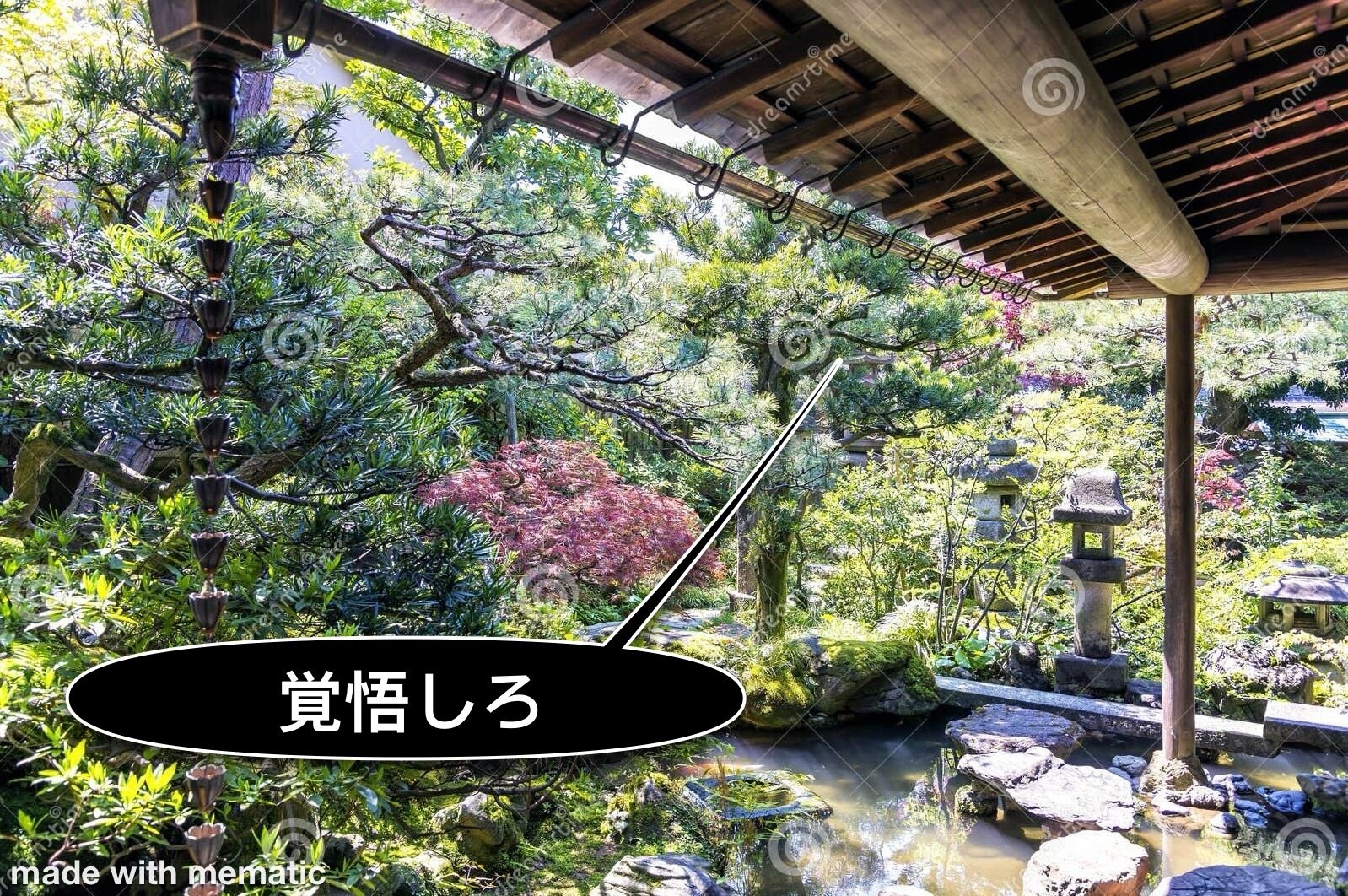
Too big to fail
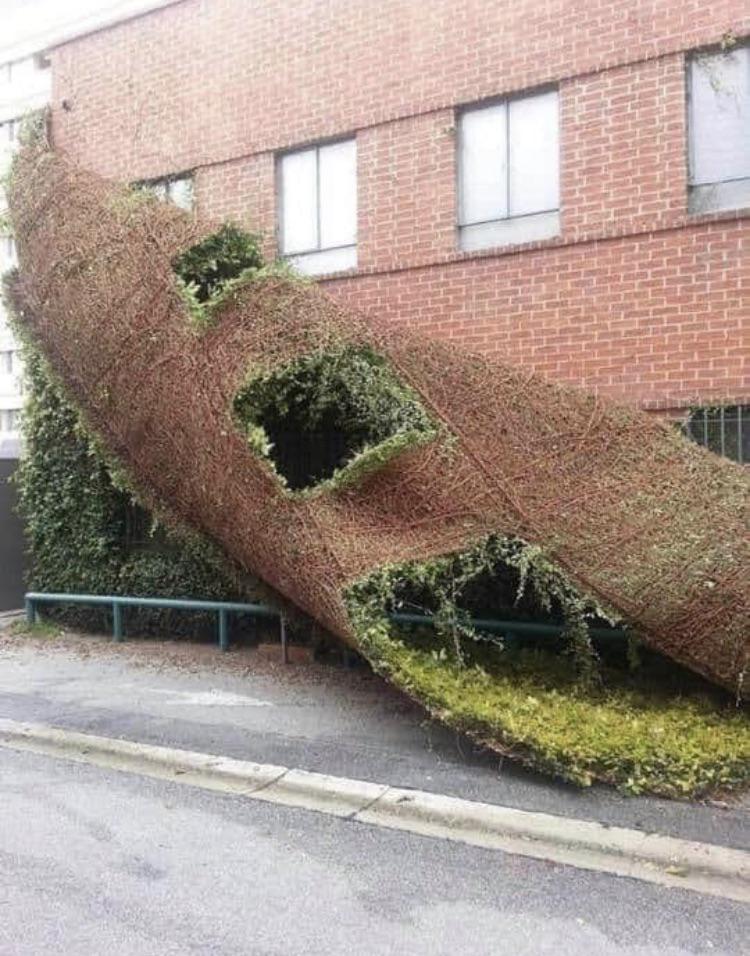
Oddly satisfying
It’s like wallpaper, but peelable.
Environmentally friendly peelable wallpaper
Wallpaper is peelable
Depends on adhesive and era but today mostly yes
Yeah the only kind of wallpaper I’ve encountered was old and did not peel away. You had to steam it, scrape it, burn it… I’m glad it’s easier to work with today.
Mrs. Doubtfire voice “Hellooo!”
Kudzu was the last bioweapons unit of the Union army in the US civil war. It never surrendered, it is still fighting the American South, and winning the guerilla war.
I wish it luck on the south.
-Californian
Reminds me of tumbleweeds, which may as well be a Soviet bioweapon.
I’ll leave this here, as I’m particularly bothered by the weird megamyth of kudzu in the US, as is evidenced but the other comments.
English ivy is actually a generally bigger threat but it never gets any real attention.
I will concede that the image above is kudzu tho.
https://www.smithsonianmag.com/science-nature/true-story-kudzu-vine-ate-south-180956325/
Playing whack a mole with my neighbours ivy. Keeps popping up on my side of the fence. Fuck whoever brought it to Australia.
I’m playing whack a mole with my own ivy. Fuck the prior house owners for letting it get out of hand. I got all of it from the trees and the side of the house but it always grows back. I’m still finding sprouts from thick woody vines that have been there forever apparently. I tried removing it from the fence but realized very quickly that it’s the only thing holding it together. 😒
And fuck the English for bringing it over (we both know it was them, even their plants are colonizers).
Same. I have a fence that’s barely still standing now that I removed the ivy. I’ve been pulling it and spraying it for several years now. I know I’ll never win, but I’m doing my best to keep it in check. The most painful part is when I go to garden centers and see it for sale. It makes me want to cry.
The most painful part is when I go to garden centers and see it for sale.
“Buy it for life!”
notlikethat.jpg
Some of those are absurdly strong. I have wild grapes in my yard that got ahold of an old clothesline with 6 lines across it. Now I didn’t use said line so figured just let it be to feed the birds and such. Turns out it got thick enough that one winter when a particularly heavy snow came through the weight of the snow on the vine mat was enough to bend in the poles that are a good 3 inches thick.
What I don’t get is why we don’t eat kudzu.
IIRC a lot of it has at some point been sprayed with super toxic herbicide to try and kill it off.
Don’t quote me on that though I’m just quoting a Wendigoon video from memory
deleted by creator
It’s difficult to eat your way through an invasive species. Himalayan Balsam is also edible but it’s thriving in the UK.
In fact edibility is often the reason these things are so invasive, it’s why American Signal crayfish are over in the UK.
Texas: Hold my beer.
https://www.chron.com/life/wildlife/article/lionfish-texas-gulf-19717247.php
(Also Texas: Have you tried hunting the kudzu from a helicopter using automatic weapons?)
I’ve seen someone collecting lionfish, basically using a litter picker and a bag.
Because Crake is saving it for some special project at Rejoov.
I hate (and am terrified) that I understood this reference. That series is horrifying.
Kudzu CONSUME
Nah it’s pretty intent on covering the whole of England too tbh. Good for the bees in September tho ☺️
Near rivers it has to contend with Himalayan Balsam, and the bees love that stuff too.
Yeah I quite like the ol’ Himalayan balsam to be honest - very popular with the bumble bees. Gets a bad rap in the uk because it’s supposedly ‘invasive’, but I take rather a dim view of that kind of talk to be sure.
They do destroy biodiversity but at least they are pretty and won’t fuck you up like Giant Hogweed.
And you can eat it (as long as you don’t eat too much in case you fuck your kidneys)
Aye, this is the problem with a lot of invasive edibles. Too few people are interested in foraging and usually you can only eat so much foraged stuff.
If everyone went out with tubs, bags and baskets on their days off and did a bit of foraging to make their diets a bit more varied and healthy then we might be able to make a dent in things like Himalayan Balsam and American Signal Crayfish. Realistically though we’d just have to limit foraging of easier to identify and prepare plants and fungi from easier to access areas.
2nd one looks like kudzu
Was thinking the same thing; I’ve never seen English ivy take over an area like this
english taking credit for an asian achievement
everthing’s was as expected
Kudzu is Chinese arrowroot tho?
Scienceuninformed memesApart from what others commented on these being two entirely different species, there might be other factors at play as well.
Lianas and vines are pretty common and very diverse, especially in tropical forests. They are usually found as part of the upper canopy and if there is a tree fall, they manage to fill this gap pretty quickly. The trees grow more slowly, but will manage to establish themselves eventually, filling up that gap. But if you cut down an entire forest, trees have a much harder time to establish themselves because the whole ground is just covered in these fast growing lianas or vines. There are studies that look at exactly that, how lianas inhibit forest regrowth.
So, how overgrown with lianas or vines a certain habitat is, is very much dependent on the disturbance of this habitat.
Verbascum thapsus in Europe (nice medicinal plant):
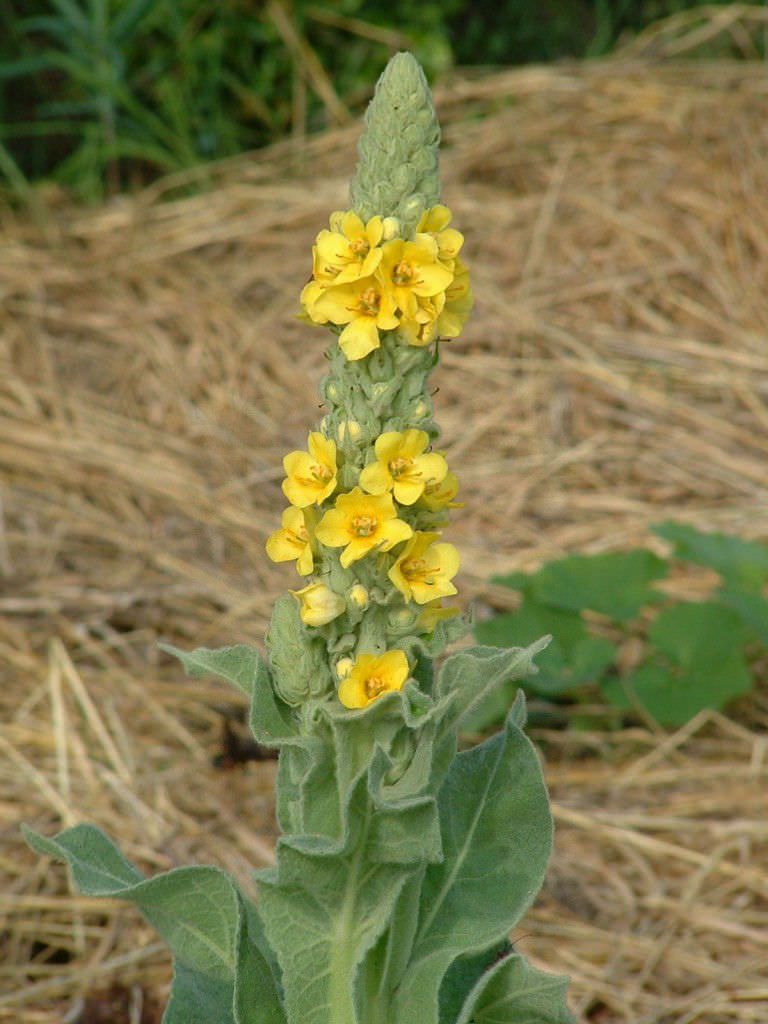
Verbascum thapsus in Hawaii (alien mutant invasion):
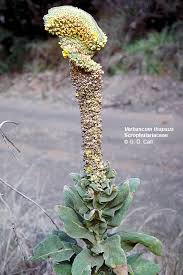
Why? Climate differences?
It doesn’t have the same pests and diseases as in Europe to keep it in check.
Export them too?
Seems a bit unnecessary when you could just dress the ivy up like schoolkids and the yanks would wipe it out in a week
(Yes, we’re going to keep making these jokes until yous apathetic cunts DO SOMETHING)
Based
Some, like the ivy aphid are already in North America, but I’m not sure how much of a dent it actually makes. There’s great precedent for successful introduction of biocontrol agents for other invasive species. There’s also great precedent for catastrophic failures(especially in instances where there’s a native close relative of a target species), so it’s definitely something that needs to be very carefully explored and not to be done haphazardly.
Maybe it’s just me, but the second one in my brain gets voiced by LazerPig to the backing of Rule Britannia










